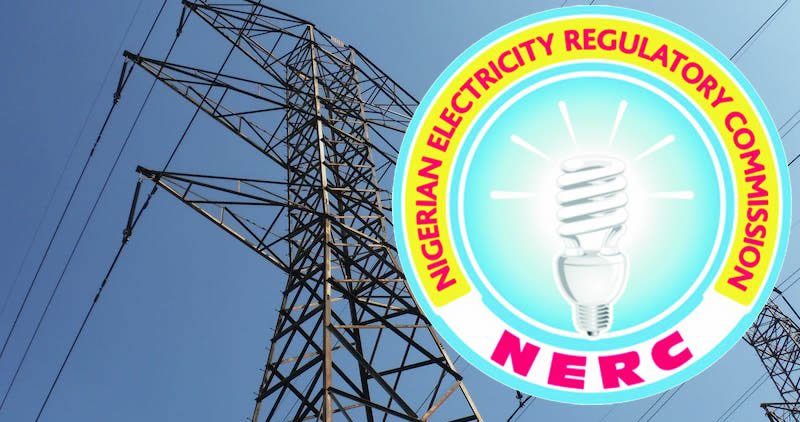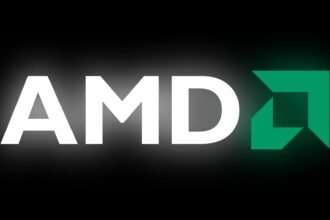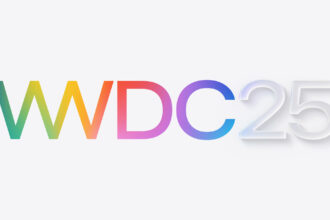The Nigerian Electricity Regulatory Commission (NERC) has increased tariffs for urban customers by 240%, confirming previous statements by the regulators concerning an impending price hike.
The new rate, effective immediately, is ₦225 per kilowatt-hour (KWh), which is almost four times the old rate of ₦66 per kilowatt-hour (KWh).
According to the NERC vice chairman, Musliu Oseni, customers to be affected by the price hike are those under the Band A classification. This category of customers represents 15% of its 12 million customers who use 20 hours of power daily.
However, the recent price hike will not affect customers on other bands.
A Bloomberg report on Tuesday disclosed that the urban electricity tariff hike originates from the Nigerian president’s aim of reducing government expenses while subsidizing tariffs in rural areas.
As expected, urban electricity customers describe this move by the regulators as unfair and wicked. Most of them complain that the power supply statistics do not tally with the actual power supply, which is less than 10 hours of daily supply.
The regulators blame Low-level electricity generation and distribution for the worsening power supply in Nigeria. According to NERC, Nigeria has an installed capacity of 13,000 megawatts for its 200 million-plus population.
“There are plans on the way to settle outstanding debts owed to power generation and gas supply companies, to reduce the financial strain, and assist in improving electricity generation levels nationwide,” said the Nigerian Power Minister, Bayo Adelabu, in a statement last month.














